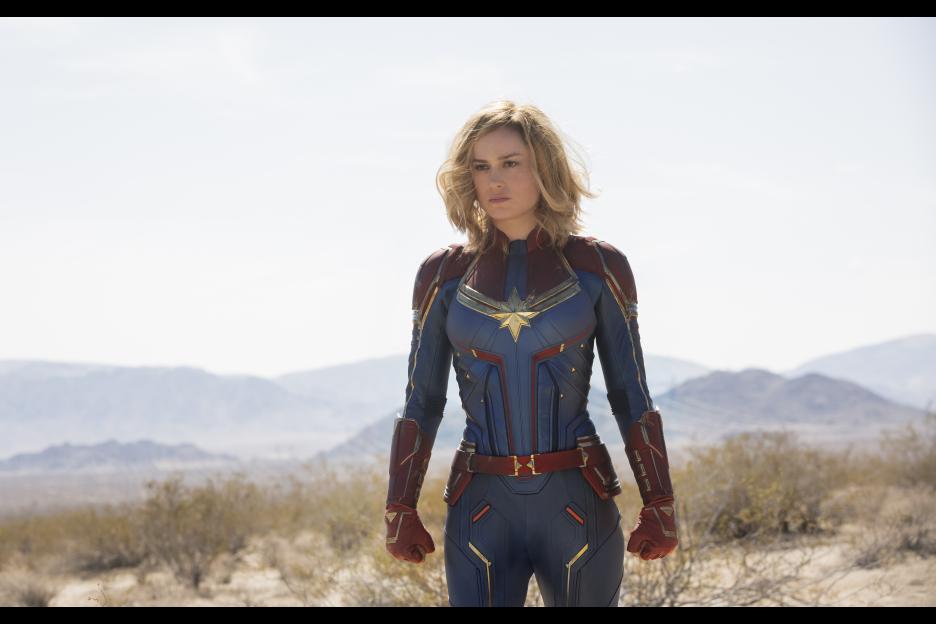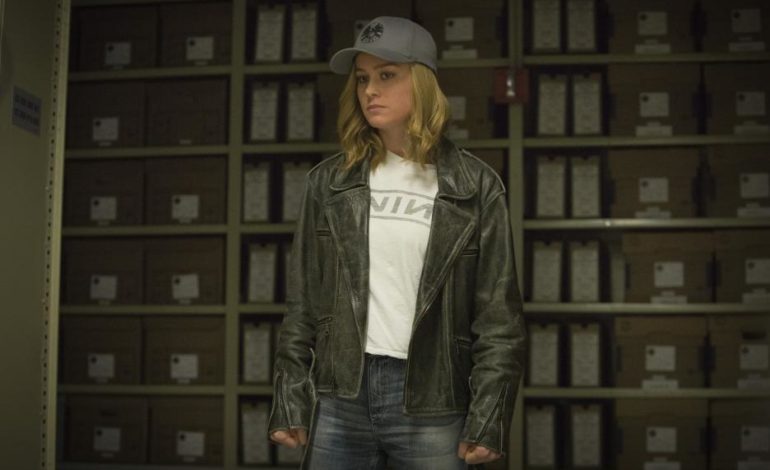

Marvel Studios’ twenty-first movie, Captain Marvel, is about to drop on the populace like an alien meteor plummeting from the heavens. What’s that, you say? The unfailing Marvel brand waited twenty movies before allowing a woman to be the main character—not part of a major team like The Avengers or Guardians of the Galaxy—rather than a mere supporting role or love interest?
It’s true. While nobody would deny the charisma and strength of Scarlett Johansson’s Black Widow or Zoe Saldana’s Gamora, fans have yearned for a female character to be firmly in the driver’s seat for years. Curiously, it took Marvel so long to bring a woman to the forefront even after the spectacularly successful (and arguably only good movie to come from the modern DCEU) Wonder Woman. It’s hard not to see this film as the logical next step in the progression of what Patty Jenkins has already so marvelously accomplished. The good news is, Captain Marvel’s fans, who affectionately dubbed themselves The Carol Corps, worldwide will not be disappointed. This is another solid chapter in Marvel’s ever expanding continuum. Although not without faults, it’s exactly what the hard-earned popularity of the Captain Marvel/Carol Danvers character warrants in a big-budget movie, and that’s all the better for what comes next.
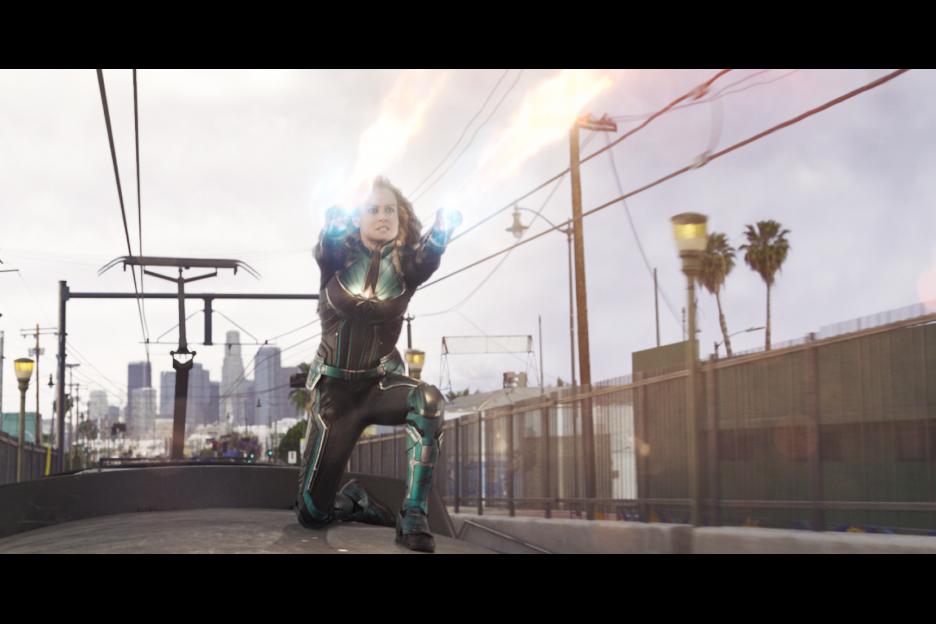

We’ll avoid spoilers to the best of our abilities here. This is another hard one to discuss without going into specific creative decisions that writer/director team, Anna Boden & Ryan Fleck, made here. Pretty much everything about Captain Marvel somehow threads storyline in the past of the MCU continuity fans have wondered at, or at least were aware of but didn’t know exactly how it all played out. You will understand how this all connects to the ending of Avengers: Infinity War by the end of the film but we will not cover those connections here. You’ll need to—and want to—see the film yourself if you’re interested in those connections. Also to boot, much like James Gunn’s Guardians of Galaxy Vol. 2, this quasi-space epic opens up a huge array of likely stories in a whole other portion of Marvel’s mythology not yet explored. Much like everything mad genius, Kevin Feige, does, this is surely no accident either and this is likely the doorway to several other films not yet announced.


Suffice it to say, Captain Marvel aims first and foremost to upend the conventions of what we regard as a movie origin story. From top to bottom, the movie dumps you into the pressure cooker like a birth in reverse and unspools the truth rather than ramping up to it. As a viewing experience, you are shown Captain Marvel operating with a Kree strikeforce battalion called Starforce under the command of Yon-Rogg (Jude Law). She is known only as the name, Vers, at this point in her life. She knows nothing of her past before her time commissioned with the Kree empire, only that the team’s objective is to stop a villainous group of shapeshifters known as The Skrulls. Rune Temte as Bron-Char (the incredible Ubba from Netflix’s The Last Kingdom), Gemma Chan as Minn-Erva (Crazy Rich Asians), and Djimon Hounsou as Korath are wonderful parts of this Starforce team but are woefully far underutilized in this film. Jude Law, on the other hand, finally plays to his strengths and seems poised and full of conviction, unlike with many other sniveling characters he’s been angled into over the years. From there, it’s a novel bit of misinformation that leads to a chaotic series of events bringing Captain Marvel back to Earth.
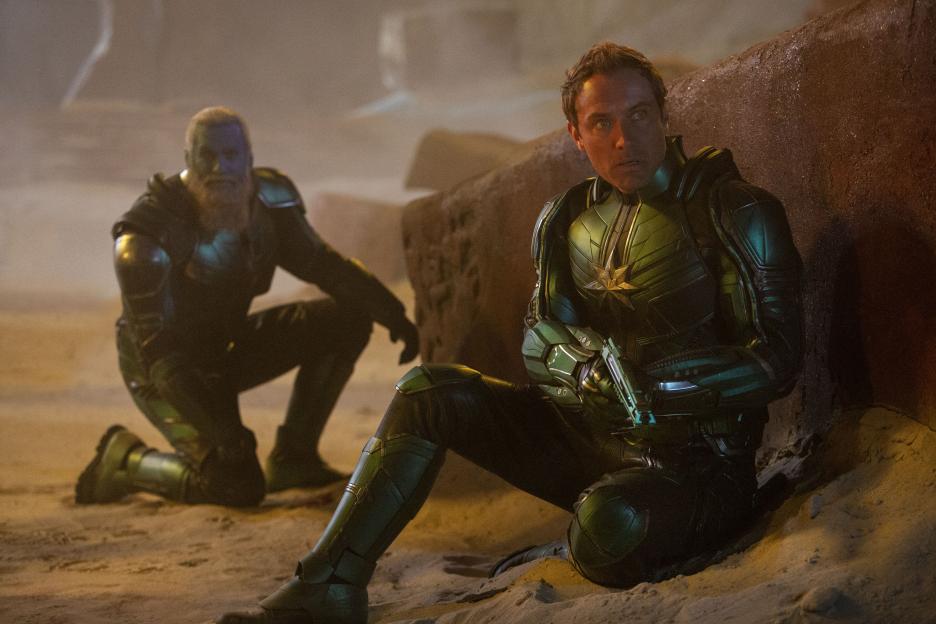

Much like the first Thor film, the story shifts here to a fun fish-out-of-water dichotomy. Brie Larson, who is a demonstrably brilliant actress, struggles most with this portion of the Captain Marvel character. All tough glowers and stoic posturing, she is a colorless soldier amidst the wildly colorful world of the U.S.A. in the early, alternative-minded ‘90s. Like her Oscar-winning performance in the 2015 film, Room, her best acting is in her range of emotions and personality. It’s the plucky attitude, the incessantly witty & contrarian nature, and the loving tenderness for friends that truly capture the soul of the character fans grew to love over decades of misuse in comics called Carol Danvers. Larson shines in these minor peccadilloes and cements the character as something more than an unstoppable warrior (or thug depending on how you view her).
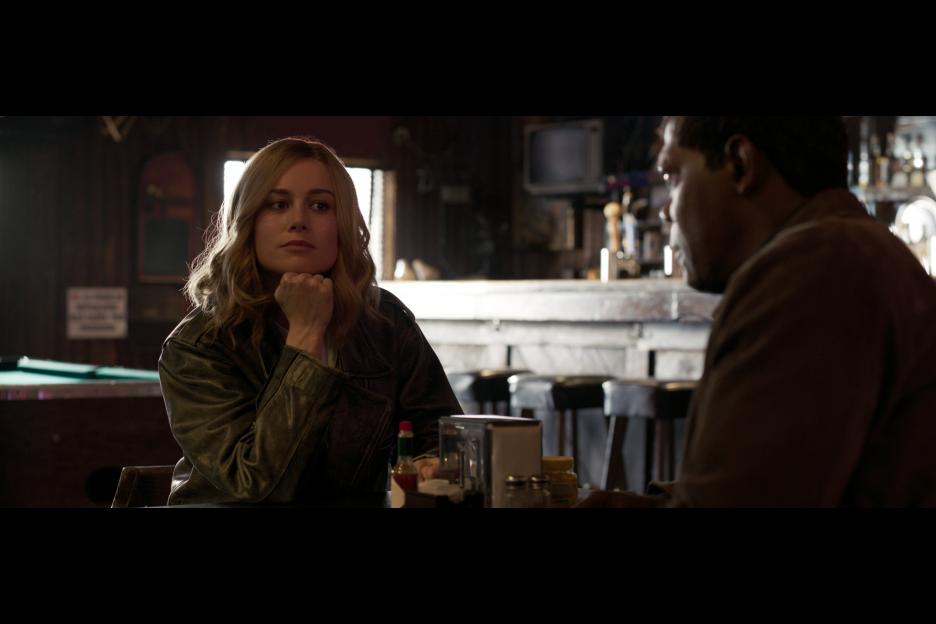

As the mystery unfurls and we learn more about Captain Marvel’s real past, you are re-introduced to some old favorites playing younger versions of the characters we know so well from other MCU movies, Samuel L. Jackson as Nick Fury and Clark Gregg as the beloved Agent Coulson. When the film locks into its stride, it’s Jackson’s pretty much stunning charisma and interplay with Larson that makes this movie a joyride. He somehow advances the plot or makes every scene convincing or funny any time he’s on camera. As the story progresses, the film deftly threads in numerous references to ‘90s culture and technology that will have you in stitches if you are old enough to remember that decade firsthand. The Internet wasn’t always all that useful or quick, kiddos! Music supervisor, Dave Jordan, makes solid use of the timeframe and the unforgettable quality of the era’s music, artfully including songs from Nirvana, Garbage, Elastica, Salt-n-Pepa, TLC, and even Hole as we head closer to the finale.
Predictably, given his recent work, Ben Mendelsohn’s performance as Skrull leader, Talos, is one of the strongest attributes of the film. Comic fans may think they know what to expect from the Skrulls but Mendelsohn gives this part depth and detail that people will be talking about for a long time. It’s obvious upon seeing this why so many movies have included him in movies over the last three years. Following his star-making turn in the Netflix series Bloodline, he really does portray a complexity in his acting that nobody since Philip Seymour Hoffman has been capable of. Almost all of the richness in this story is brought to bear by Mendelsohn. Also noteworthy is long lost friend, Maria Rambeau (Lashana Lynch), and the bittersweet emotion that her part adds to the story. Additionally, what you have heard is true about the stowaway character, Goose the Cat. It may seem silly but it’s an unforgettable and adorable part of this story.
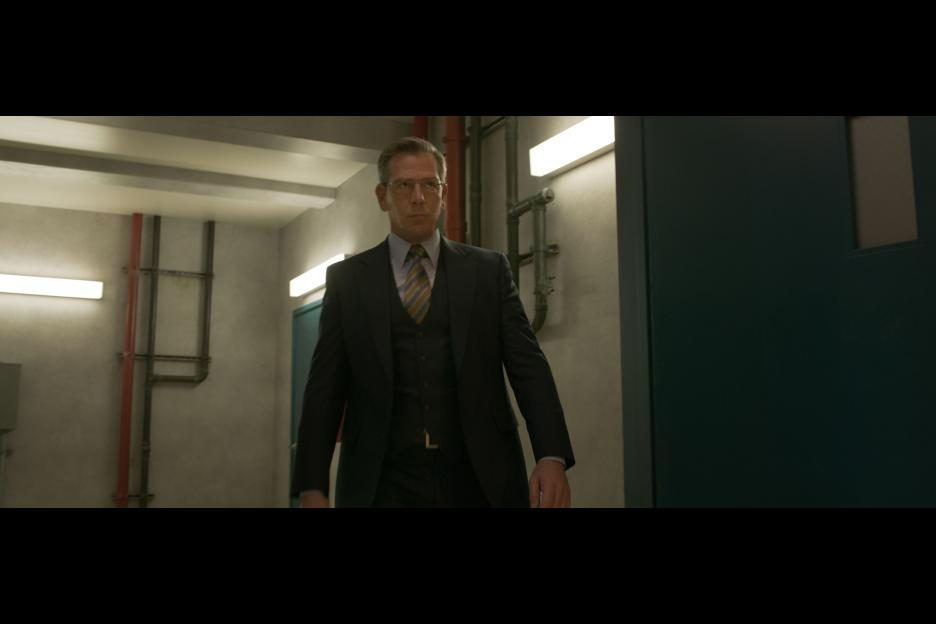

Like Black Panther last year, the visual effects in Captain Marvel succeed because you never feel as if you’re watching something fake. Depending on your personal viewpoint, it might be that is exactly what you’re looking for or it could be that the CG here is not revolutionary enough. There’s nothing here that you will respond to with, “I’ve never seen something that looks like that before.” It has a pristine continuity that never looks cheesy. And ultimately, that is probably just fine for this movie.
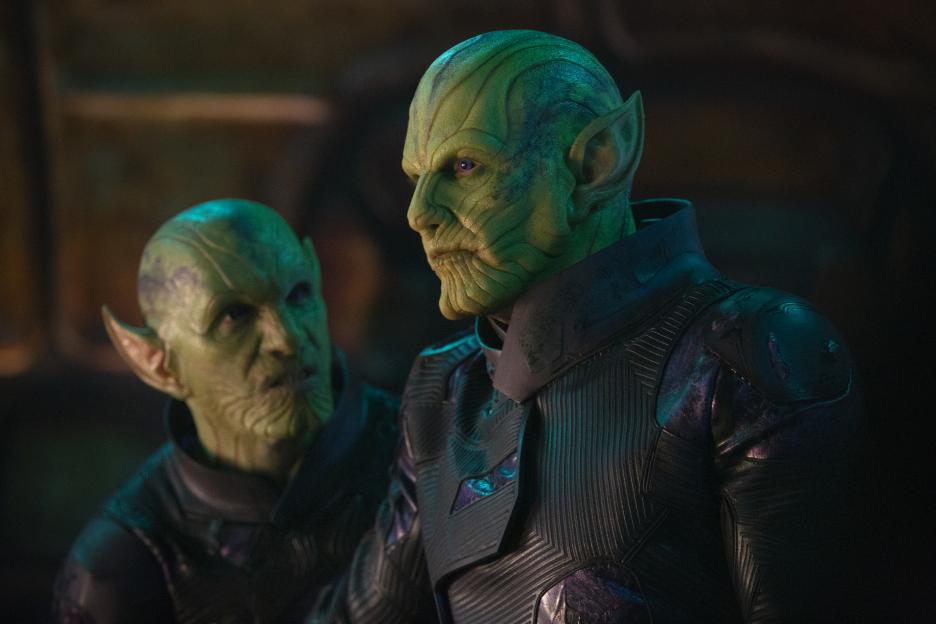

There is a subtle undercurrent that Captain Marvel is a ‘90s era born superhero movie written with the understanding of the post #metoo world. Marvel never hits you over the head with it but it’s impossible to miss the connections in the narrative here to the real-world pull in 2019 for better female empowerment in the arts and society. If you’re a misogynist troll, angered at the concept of a strong woman and inclusivity, you’ll probably hate the movie for that reason alone. And while speculation is a poor move by any gambler, if you’re a woman that wants to know—not just believe—that a woman can be all the hero a man ever could be, Captain Marvel might just be the perfect example you have been waiting for.
Verdict: 5 out of 5
No doubt about it, Marvel Studios has another undeniable hit on their hands in Captain Marvel. And like the trilogies for Captain America, Iron Man, and Thor before this, it will surely make Brie Larson a superstar. Marvel appears to be aiming for the female equivalent of Superman with this character—in terms of appeal, raw power, and spirit. Only time will tell if the movie/character succeeds on that level, but at the least, the next ten years of Marvel’s film mythos appears to slingshot from here.
